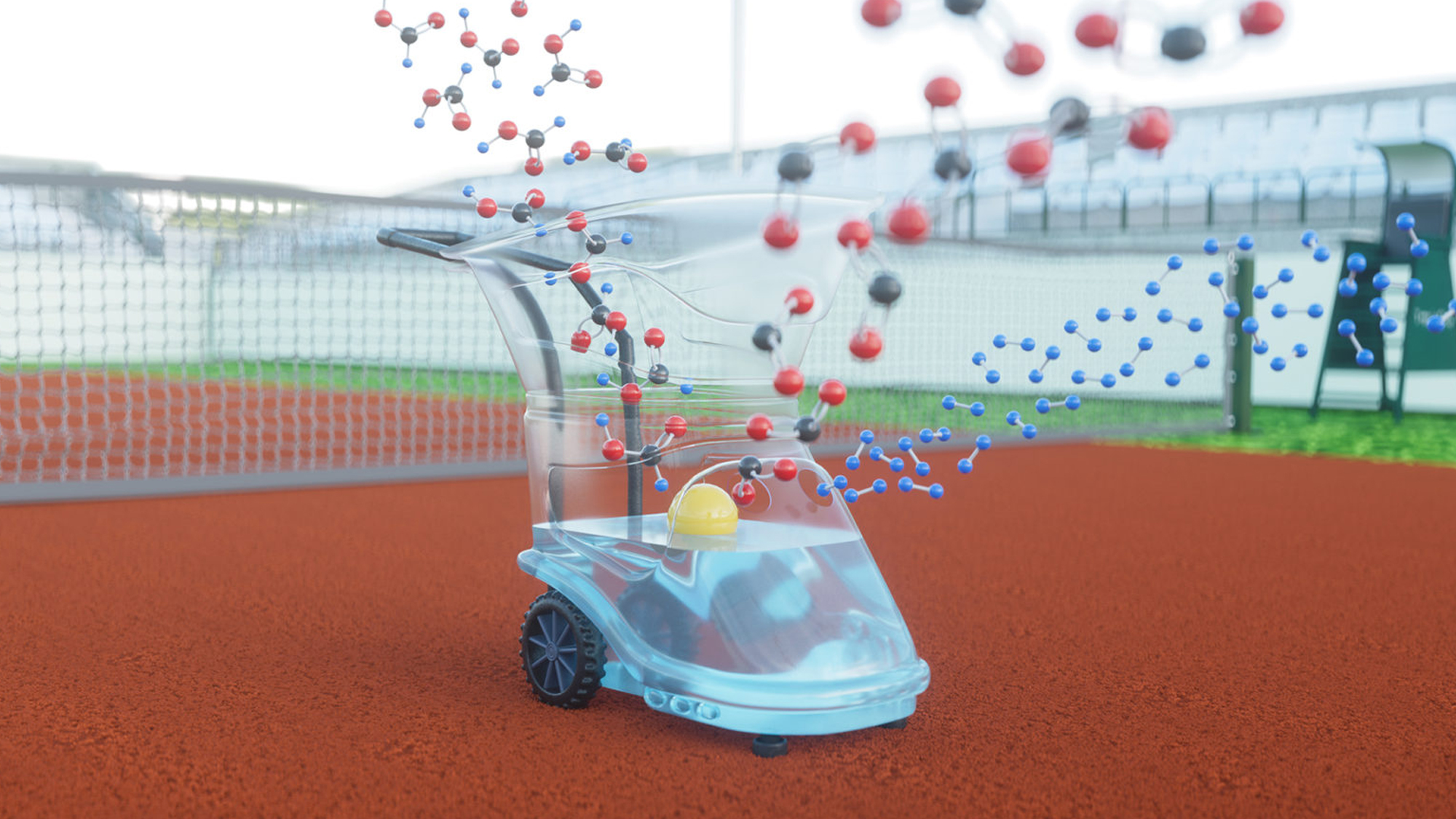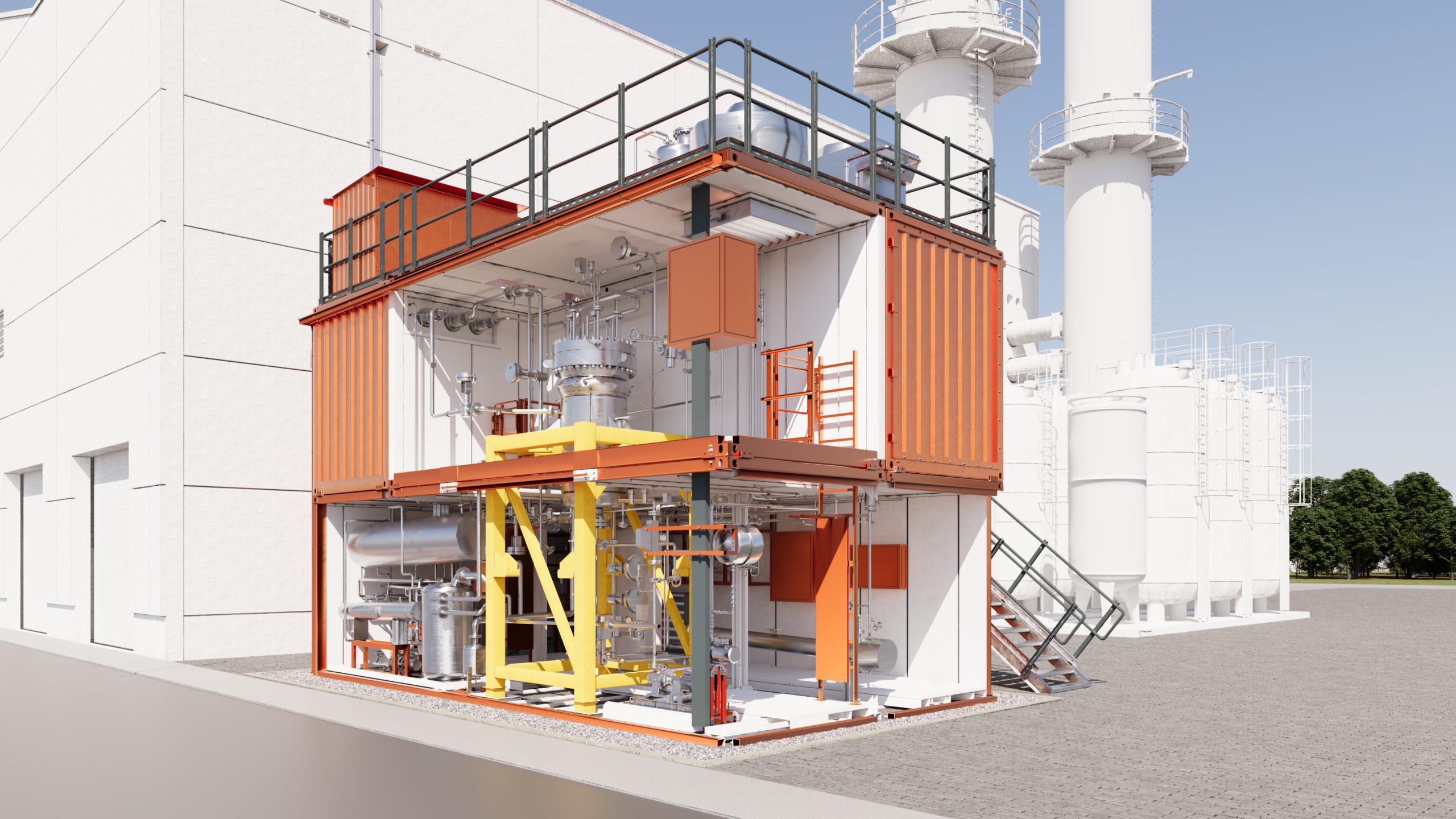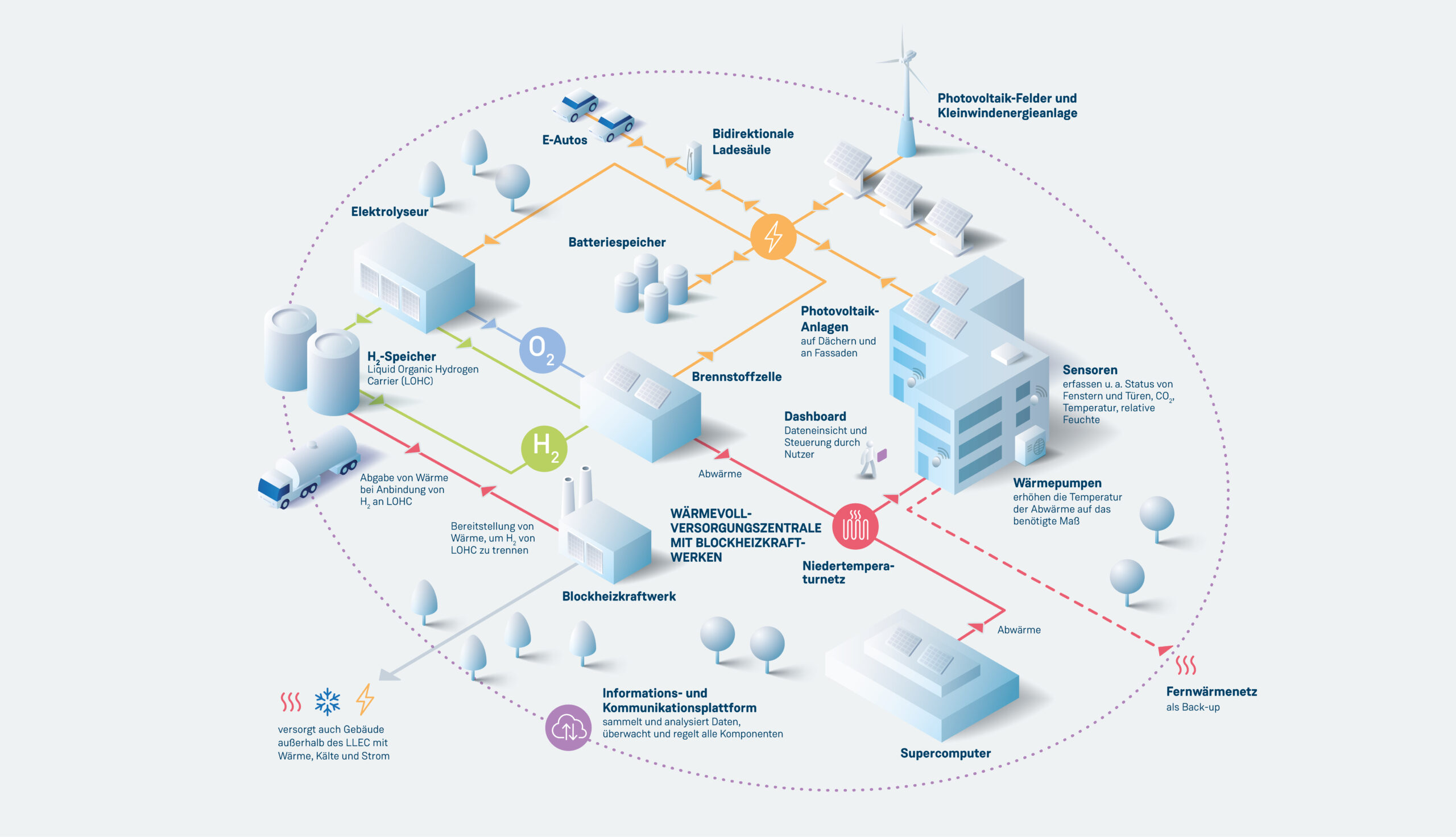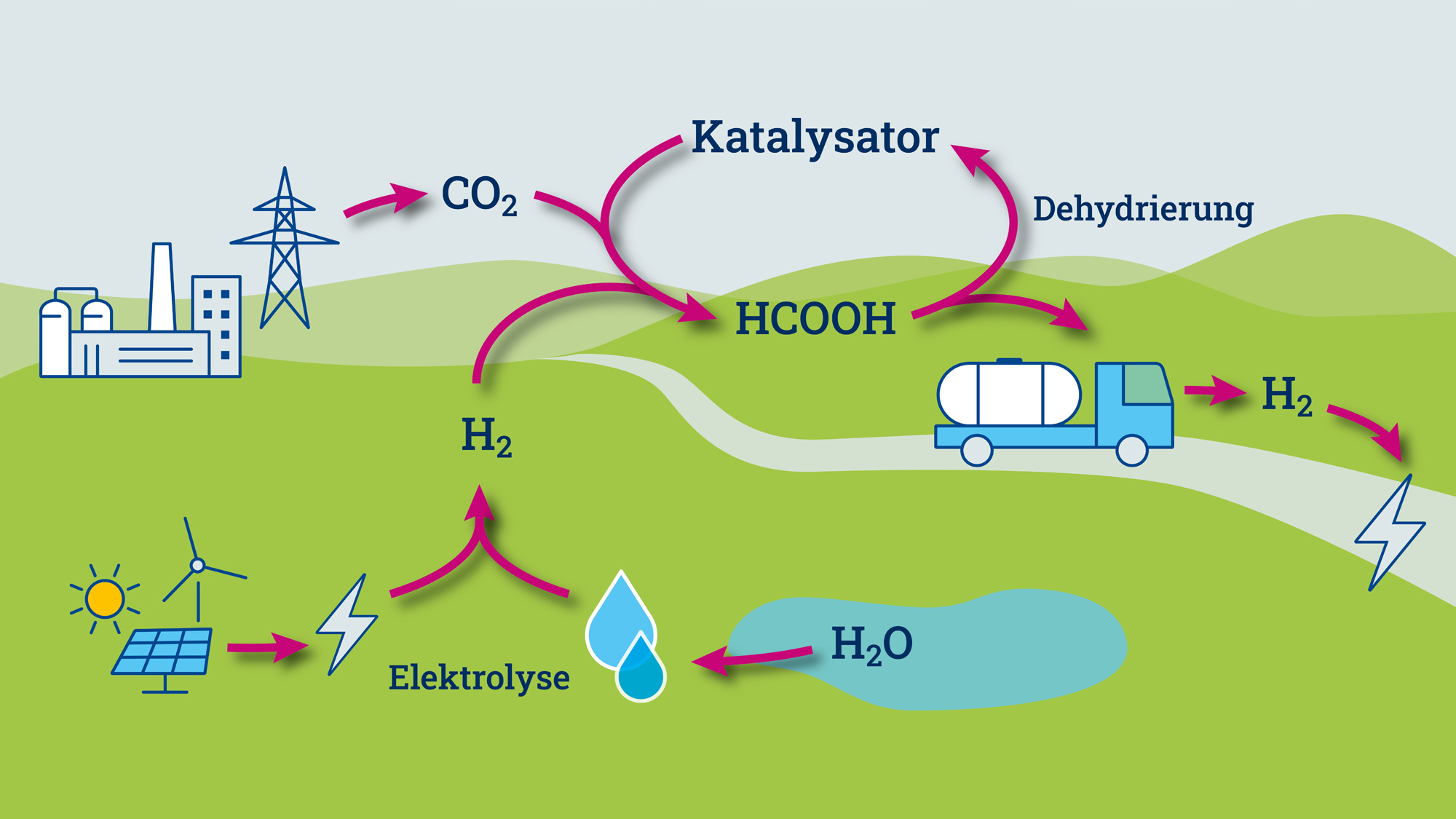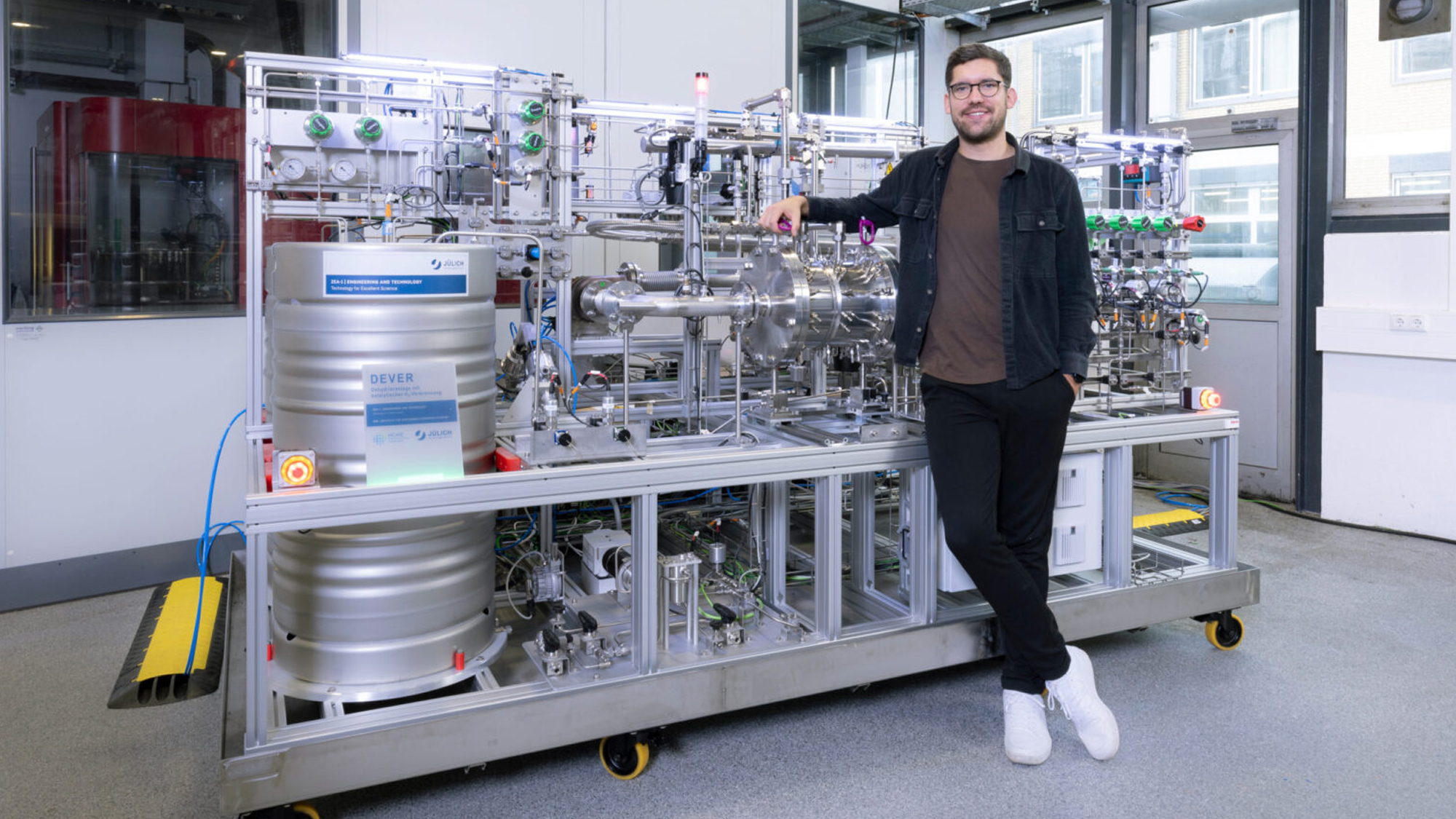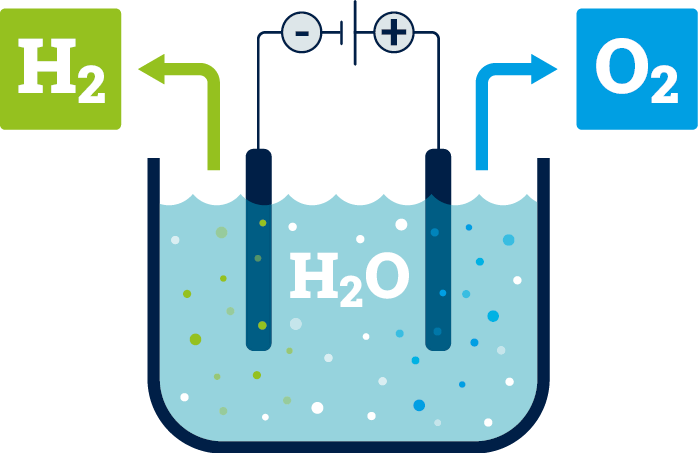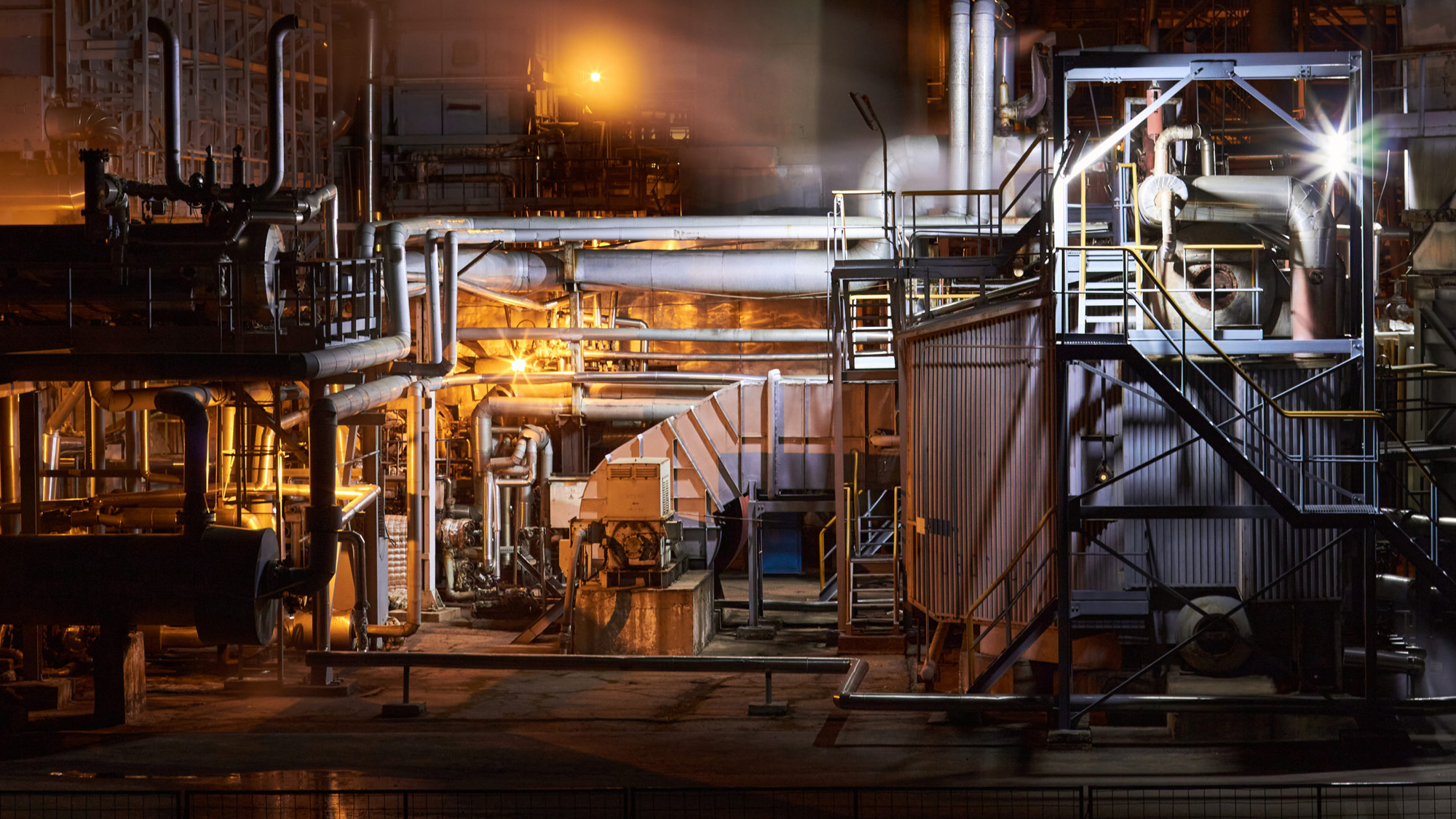“Water Will Be the Coal of the Future” The time when these words were written down is surprisingly long ago, given their content. They were written in 1874 by the French author Jules Verne, more precisely in his novel The Mysterious Island, which is about five people stranded on an unknown island in the Pacific. At one point, the engineer Cyrus Smith talks to his fellow sufferers about the fact that the Earth’s coal reserves are finite. Smith estimates that the Earth’s coal reserves will last another 250 to 300 years.
World Water Day: Part one of the HC-H2 series “What is it?”
Below is a passage taken from a translation of Jules Verne’s novel “The Mysterious Island” in which the characters talk about the future of energy:
“And what will they burn instead of coal?”
“Water,” replied Harding.
“Water!” cried Pencroft, “water as fuel for steamers and engines! Water to heat water!”
“Yes, but water decomposed into its primitive elements,” replied Cyrus Harding, “and decomposed doubtless, by electricity, which will then have become a powerful and manageable force, for all great discoveries, by some inexplicable laws, appear to agree and become complete at the same time. Yes, my friends, I believe that water will one day be employed as fuel, that hydrogen and oxygen which constitute it, used singly or together, will furnish an inexhaustible source of heat and light, of an intensity of which coal is not capable. Some day the coalrooms of steamers and the tenders of locomotives will, instead of coal, be stored with these two condensed gases, which will burn in the furnaces with enormous calorific power. There is, therefore, nothing to fear. As long as the earth is inhabited it will supply the wants of its inhabitants, and there will be no want of either light or heat as long as the productions of the vegetable, mineral or animal kingdoms do not fail us. I believe, then, that when the deposits of coal are exhausted we shall heat and warm ourselves with water. Water will be the coal of the future.”
“Some day the coalrooms of steamers and the tenders of locomotives will, instead of coal, be stored with these two condensed gases, which will burn in the furnaces with enormous calorific power. There is, therefore, nothing to fear.“
Cyrus Harding, one of the protagonists in “The Mysterious Island”
Principle of electrolysis known since 1800
Whether Jules Verne (1828 – 1905), one of the first commercially successful science fiction authors, knew the full extent of truth contained in this passage is unclear. The fact remains, however, that his engineer Cyrus Harding predicts the end of fossil fuels and a future of renewable energy that is made possible by hydrogen. The principle of electrolysis, i.e. splitting water into its components, hydrogen and oxygen, using electricity had been known about since 1800. The reverse process, i.e. producing water from hydrogen and oxygen, during which energy is released, was discovered in 1840, with Verne likely to be aware of it.
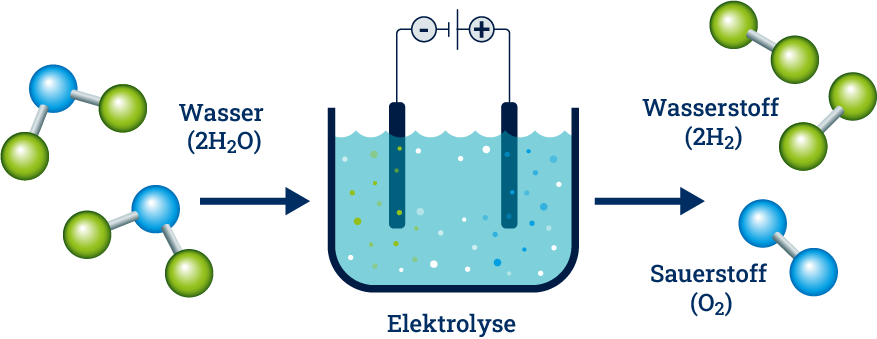
Nothing to fear!
The potential of hydrogen has therefore been known about since the 19th century. The mere existence of hydrogen means energy. Hydrogen, whose chemical composition is H2 and which appears as the first element in the periodic table, is the most abundant element on Earth due it to being the main component of water. If hydrogen reacts with oxygen to form water, energy is released. Those looking to store energy therefore use it to separate water. In contrast to fossil fuels such as coal, oil, or gas, hydrogen is a cyclical product, since it can continually react with oxygen or be separated from it. In contrast to fossil fuels, the releasing of energy with hydrogen is also carbon-neutral, i.e. it does not involve the release of greenhouse gases, since the two products are always reusable water and energy. Whenever the energy required to separate hydrogen and oxygen comes from renewable sources, such as solar power, wind power, or hydropower, this is referred to as green hydrogen. Green hydrogen can be an important key technology for a carbon-neutral energy economy of the future.
There is, therefore, nothing to fear. Hydrogen will be the coal of the future.
The copyright for the images used on this website is held by Forschungszentrum Jülich, aligator kommunikation GmbH and
stock.adobe.com.

